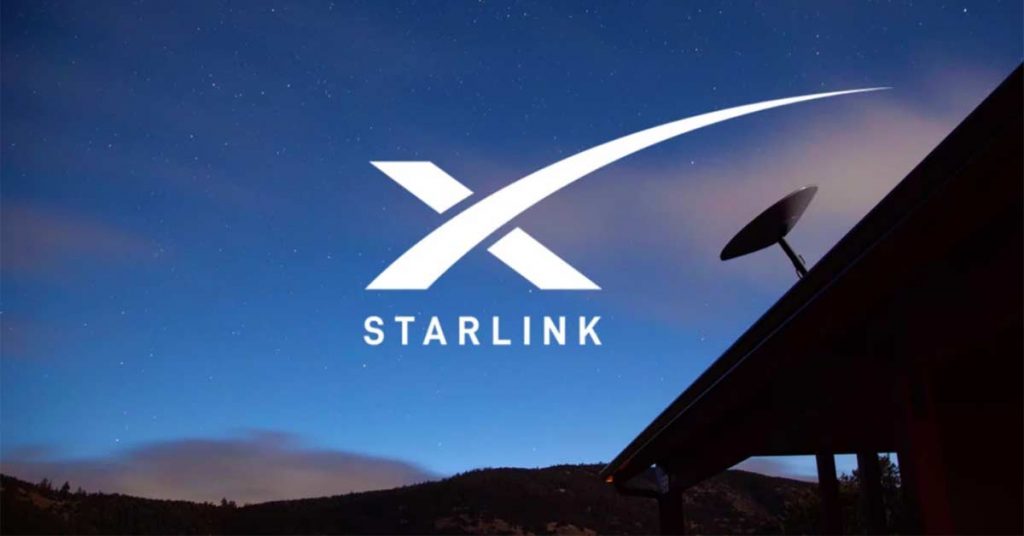Data: Starlink wins Ookla download race
May 10, 2023
By Chris Forrester

Download Speedtest business Ookla has confirmed that Starlink is outpacing rival terrestrial services, with comparative data also measuring the performance of satellite rivals HughesNet and Viasat.
Users in diverse locations such as Canada and the Philippines as well as a number of African and Latin American countries all cite Ookla data and an overall high customer satisfaction rate with SpaceX’s Starlink service.
That satisfaction includes the reliability of the service (little or no buffering) as well as dependable speeds and no throttling of data.
“The difference in Net Promotor Score (NPS, the likelihood of a user recommending a service to friends and family) between Starlink and all fixed broadband providers combined is stark,” Ookla says. A positive NPS – above ‘0’ – indicates that a provider’s audience is more loyal than not.
Ookla’s analysis includes Starlink NPS for metro and non-metro internet connections in the US and y-o-y data for Starlink in Canada, Chile, Mexico, and the US, and Starlink results from three new countries (Philippines, Nigeria, and Peru).
Ookla says that in metro areas, Starlink had an NPS of 31.94 in Q4/2022 and Q1/2023 compared to –(minus) 23.62 for all metro fixed broadband providers combined. SpaceX’s satellite internet service came out on top “despite Starlink having a median download speed of 65.29Mbps compared to 203.93Mbps for all metro fixed broadband providers combined,” Ookla notes.
But get into rural areas and the NPS for Starlink rises to 42.21 compared to –21.27 for its terrestrial rivals, despite Starlink delivering lower download speeds. “That’s especially notable given that Starlink’s median download speed was much closer to the median non-metro fixed broadband speed at 72.18Mbps to 100.41Mbps,” Ookla says.
Starlink is seen “as providing a much loved option for more rural, non-metro users who often don’t have many good—if any—internet options,” says Ookla content specialist Josh Fomon. “And the message is loud and clear: Starlink users are more than willing to recommend the service and love the internet they are getting.”
Canadian users, for example, have seen typical Starlink download speeds fall a tad y-o-y, by about 3Mb/s. However, the most recent two quarter-years have seen speeds recover by an average 28 Mb/s, no doubt aided by the extra satellites now orbiting.
Starlink’s service in Canada makes it the fastest satellite provider in North America. With a download speed of 93.97Mb/s, it’s 40 per cent faster than the US with a download speed of 66.59Mb/s. The average download speed in Mexico was 56.42Mb/s over the past quarter.
“Viasat in Canada, Mexico, and the US made noticeable performance leaps over download speed from Q3/2022 when we last measured North American satellite providers. Canada went from 24.36 Mbps in Q3/2022 to 48.24 Mb/s in Q1/2023, the US from 28.07 Mb/s to 36.47 Mb/s, and Mexico from 16.14 Mb/s to 24.06 Mb/s. Hughesnet trailed over download speed in the US (16.32 Mb/s) and in Mexico (12.98 Mb/s),” states Ookla.
“Starlink in Chile was the fastest satellite provider in South America during Q1/2023, edging out Starlink in Peru by about 5 per cent with a median download speed at 84.62 Mb/s to 77.17 Mb/s. No satellite provider outperformed all fixed broadband providers combined in Q1/2023, but Starlink in Colombia and Brazil both reached median download speeds above 70 Mb/s at 73.51 Mb/s and 70.92 Mb/s, respectively. HughesNet in Chile broke 20 Mb/s at 21.01 Mb/s, while Viasat in Brazil only reached 14.41 Mb/s,” added Ookla.
